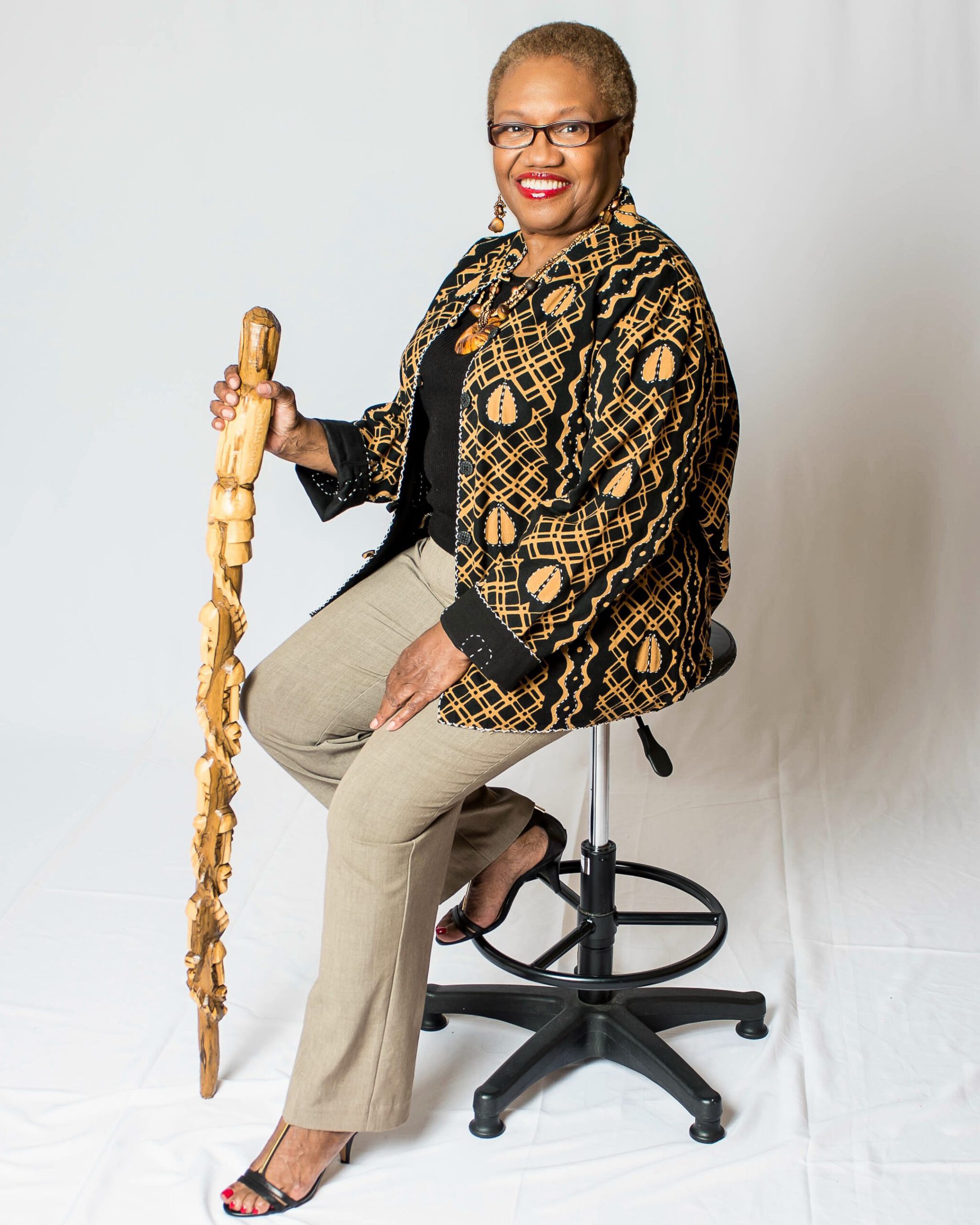Juneteenth
By Cheryl A. Rainey, Contributing Writer
As a child, whenever my mother or grandmother responded to my question of “When?” with “Juneteenth,” I thought it was as fictional as the “Timbuktu” they threatened to knock me into for misbehaving. It came as quite a surprise to learn they both are real. Juneteenth is a celebration commemorating the Emancipation Proclamation.
That so-called “great state” of Texas was a refuge for Confederate enslavers who were not about to let the Proclamation interfere with their demand for free labor and a lifestyle for which they were unwilling to work. The enslaved were forced on foot from Mississippi, Louisiana, and other states to Texas.
Texas produced two Bushes in the White House. Red Texas was the home of the late Democratic President Lyndon Johnson, a renowned racist who signed the Civil Rights Bill into law. Two and a half years after the Proclamation, and with the arrival of the Calvary in Galveston on June 19, 1865, enslaved Africans in Texas were informed that they were free.
While freedom from enslavement was truly something to celebrate in 1865; in 2019, Juneteenth seems more of something to commemorate rather than celebrate. According to economist and author Dr. Claud Anderson, on the eve of the Civil War, while 4.5 million Blacks were enslaved, 287,000 Blacks were free, owning one-half of one percent of the nation’s wealth. According to the 2010 census, 42 million Blacks were living in America. Yet, according to Dr. Anderson, Blacks still owned and controlled one-half of one percent of the nation’s wealth. There’s been progress, no improvement, and there is not much to celebrate but that does not have to be the case.
Through the centuries, abolitionists, Black leaders, and scholars have been telling us how to build our own wealth and independence. Ancestors such as Marcus Mosiah Garvey, Jr.;psychiatrist, Dr. Frances Cress Welsing; and Baba Dick Gregory have provided great insight. Among the more recent contributions are two books: A Black History Reader: 101 Questions You Never Thought to Askby Dr. Claud Anderson and Addicted to White: The Oppressed in League With the Oppressorby Dr. Jerome E. Fox, Ph.D.
These very readable books break down in clear and understandable terms the strategies, actions, and laws deliberately created to enforce and maintain the conditions Blacks are in today. More significantly, they tell us how to confront and change our circumstances.
If one percent of Blacks in Amerikkka read and study these books, we’ll see a change in the life of Blacks here and across the African diaspora. If one percent of AMEs read and study these books, we’ll see a change in our church. My hope and prayer are that in the next year one percent of our people will read these books. Then, Juneteenth 2020 can become a celebration again.
Cheryl A. Rainey is a Chicago-based entrepreneur, writer, speaker, and presenter. She attends St. Stephen AME Church. She can be followed on Facebook at Cheryl A. Rainey.





